Unveiling the Veil: The Symbiosis of AI and OSINT in the Shadowy Realms of the Dark Web
- Franco Arteseros
- Aug 21, 2025
- 4 min read
Updated: Aug 22, 2025
Discovering the Hidden Internet
The Dark Web captivates many with its blend of mystery and danger. This hidden segment of the internet is not indexed by standard search engines. It's a world apart from the Surface Web, where we browse day-to-day, and the Deep Web, filled with private databases and content. While the Dark Web is often seen as a breeding ground for illegal activities, it also provides a space for activism, privacy protection, and cultural exchange, highlighting its diverse ecosystem.
As we examine how Open Source Intelligence (OSINT) and Artificial Intelligence (AI) interact, we can better understand how these tools reveal both the threats within the Dark Web and its potential for positive outcomes.
OSINT: Intelligence in Plain Sight

Open Source Intelligence, or OSINT, includes information that is publicly available and can be gathered and analyzed. This method is essential in areas like cybersecurity, journalism, and digital forensics. By using OSINT, researchers can uncover invaluable insights.
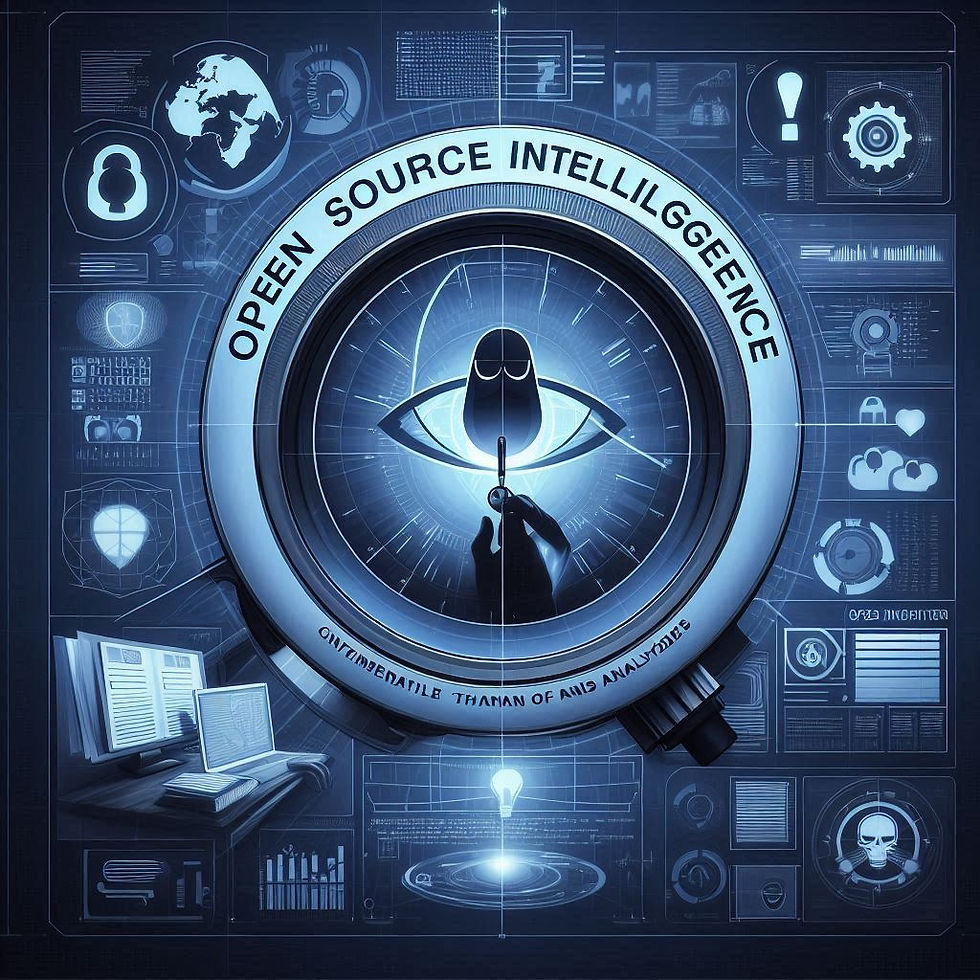
Numerous tools aid OSINT efforts. For example, Maltego allows users to visualize relationships between entities on the Dark Web. With its capabilities, analysts can connect dots between suspicious accounts, revealing hidden networks. Another tool, Shodan, enables users to find internet-connected devices, often uncovering security vulnerabilities. Furthermore, Google Dorks can expose sensitive data that is not readily visible to typical searches. For instance, one study revealed that 97% of organizations are vulnerable to data exposure through unfiltered Google search results.
The power of OSINT stems from its accessibility. Any individual with internet access can employ these tools. Yet, the challenge lies in differentiating credible sources from misinformation, especially in the convoluted corners of the Dark Web.
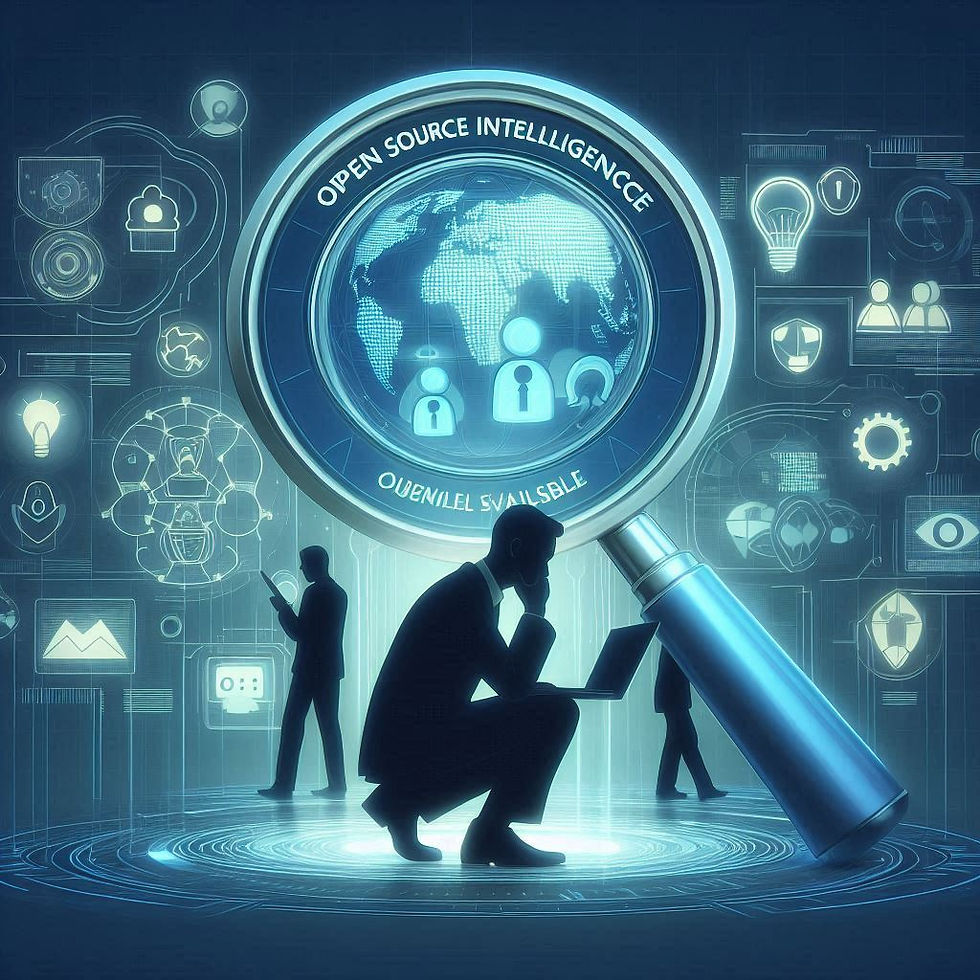
Open Source Intelligence, or OSINT, includes information that is publicly available and can be gathered and analyzed. This method is essential in areas like cybersecurity, journalism, and digital forensics. By using OSINT, researchers can uncover invaluable insights.AI as the Game-Changer.
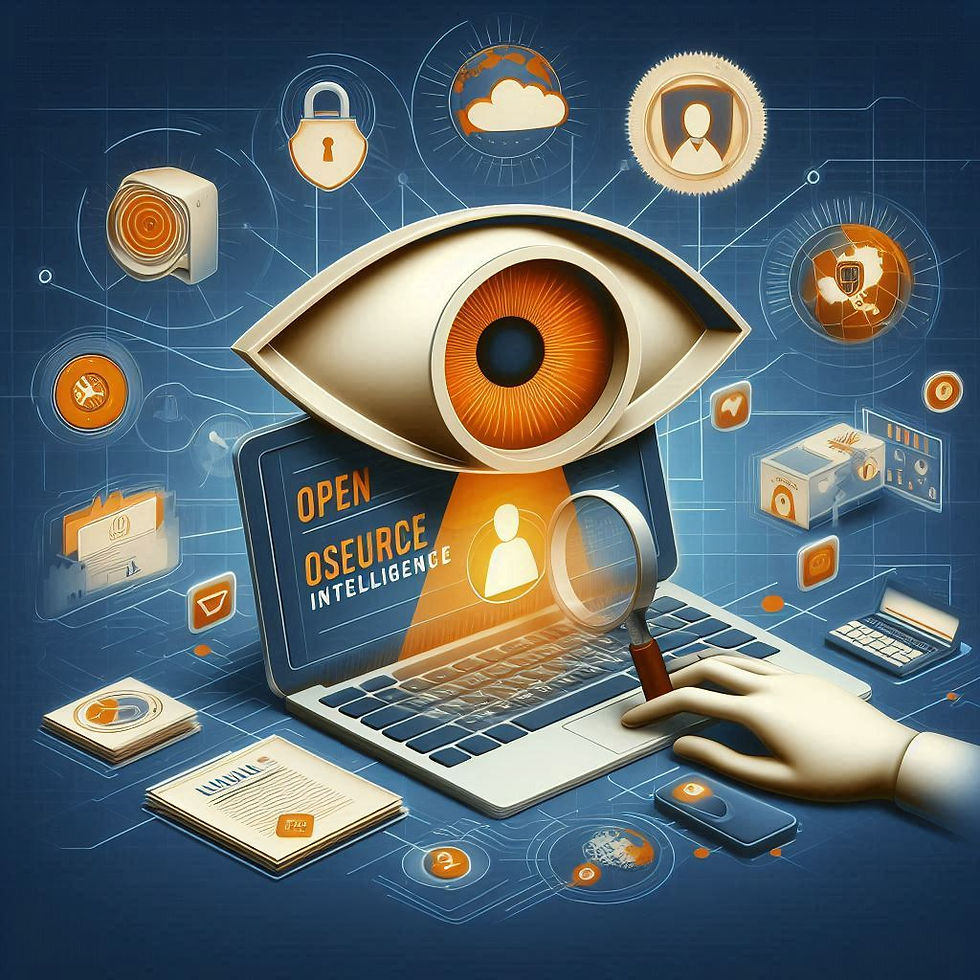
Artificial Intelligence is transforming OSINT by leveraging machine learning and natural language processing (NLP). These advancements allow analysts to process immense amounts of data, spotting patterns and anomalies that humans might miss.

AI's role in the Dark Web is critical. For example, analyzing user behavior can reveal clues about emerging illicit marketplaces. In 2022, law enforcement agencies used AI algorithms to track an increase of 23% in darknet drug sales within six months. Predictive modeling enables proactive measures, potentially stopping criminal activities before they escalate.
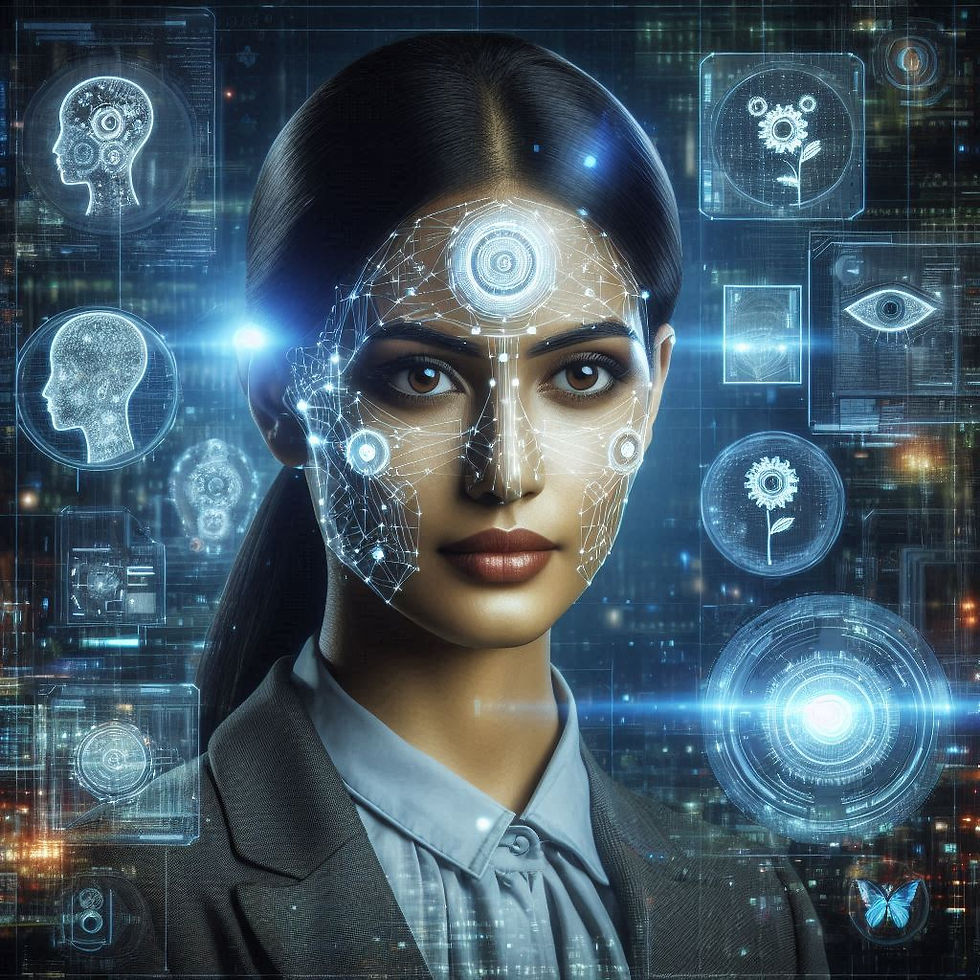
However, the integration of AI into OSINT does raise ethical questions. The line between surveillance and transparency can become blurry, sparking discussions about privacy rights and the potential misuse of these powerful tools. As we navigate this digital space, it’s vital to balance security needs with individual privacy rights.
Real-World Insights
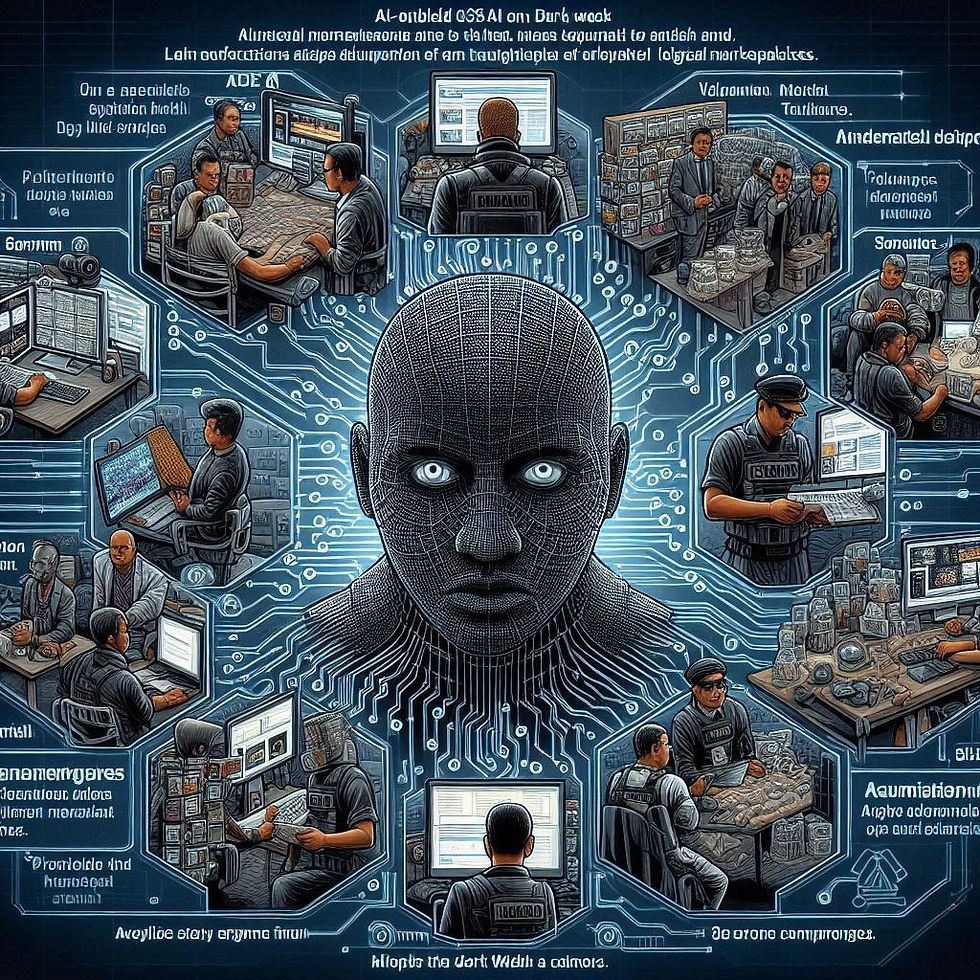
The impact of AI-enabled OSINT on the Dark Web is illustrated through numerous real-life examples. For instance, AI tools have played a pivotal role in disrupting illegal marketplaces. Law enforcement agencies have utilized AI to analyze transaction data, helping them identify key individuals behind cybercrimes. This led to the closure of several dark web drug markets, with one operation resulting in 50 arrests in a single year.
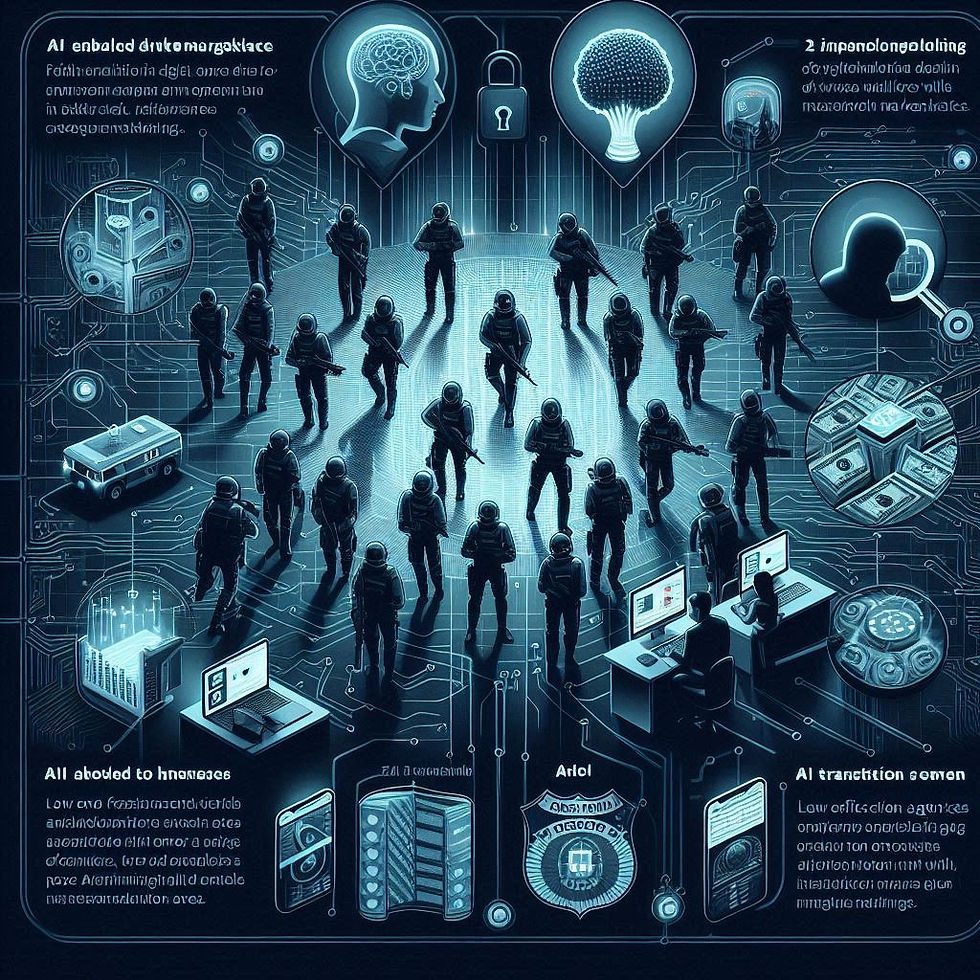
On another note, AI-driven OSINT has been crucial for protecting vulnerable communities during political unrest. Activists have leveraged these tools to secure communications and share vital information without fear of detection. For instance, in 2021, during protests in Belarus, activists used dark web platforms to coordinate efforts safely.
Culturally, viewing the Dark Web as a modern forum for secret societies conveys how essential privacy remains. Historian parallels can be drawn between today’s digital activists using encryption and how past secret groups communicated in coded language to protect their members. This relationship underscores humanity’s persistent need for privacy and the proactive steps people will take to maintain freedom.

The Path Ahead
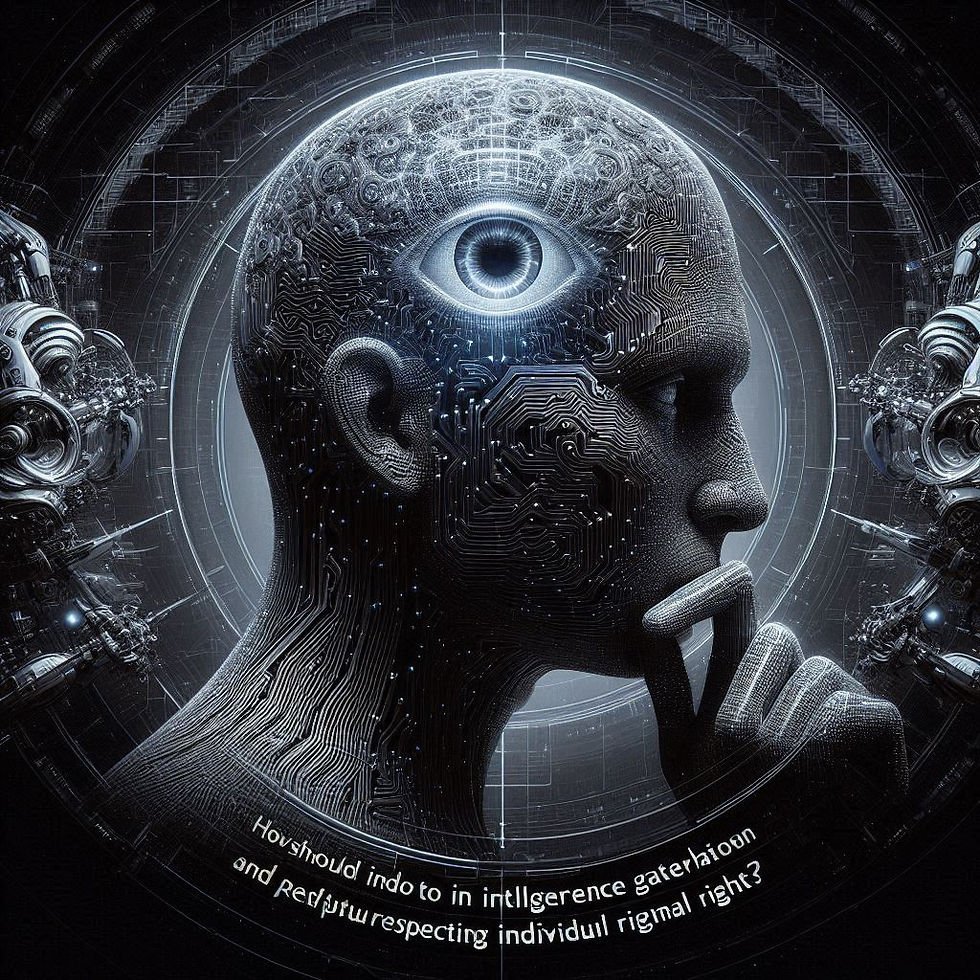
Emerging from our exploration of the Dark Web reveals that the combination of OSINT and AI presents both opportunities and challenges. While these technologies can unveil hidden risks, they also prompt vital discussions about privacy and ethical obligations.
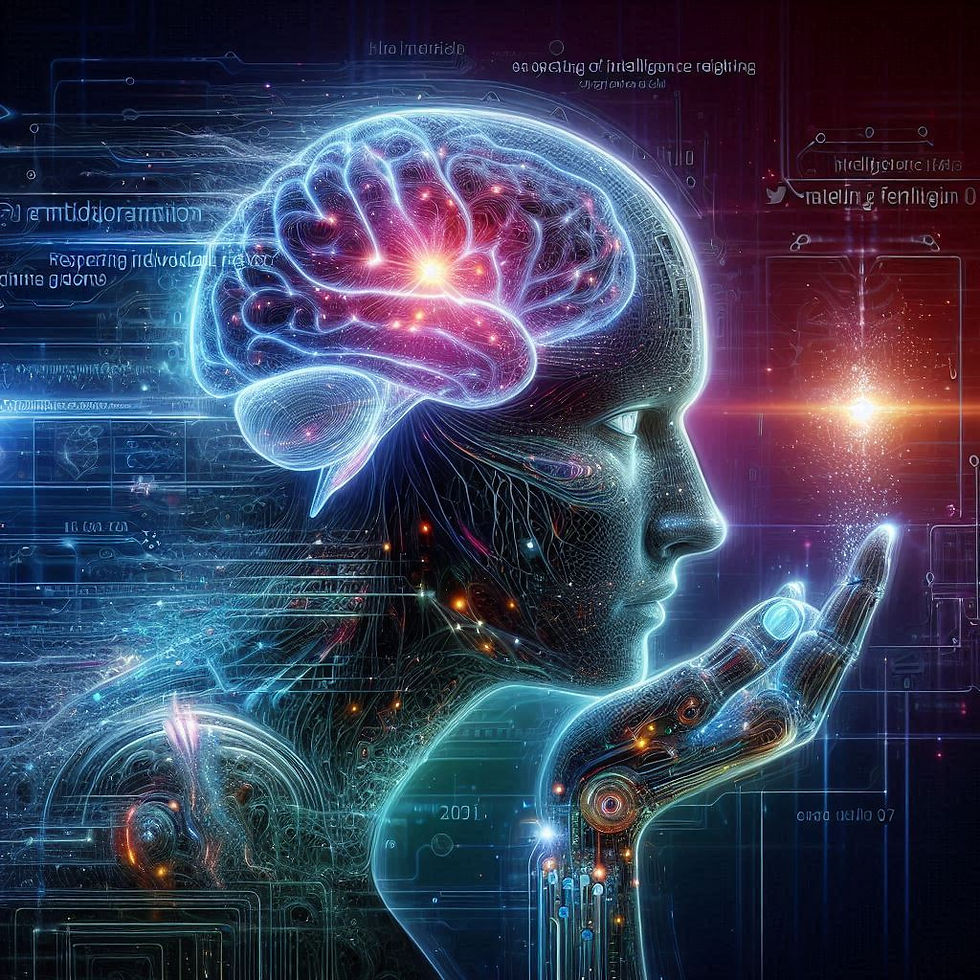
The need to find a balance between intelligence gathering and respecting individual rights is crucial. As we move further into the complexities of the Dark Web, reflecting on the implications of our actions is vital. How should AI evolve in this digital exploration? As we navigate the intricacies of the Dark Web, engaging in meaningful conversations about the responsible use of these advanced tools is imperative.

In an age where information can be both a weapon and a shield, we hold the responsibility to use it wisely. The intimidating shadows of the Dark Web do not have to define us. Equipped with the right tools and ethical practices, we can brighten the path toward a safer and more informed digital future.

As we look towards the future, let’s accept the challenge of delving into the unknown while remaining vigilant guardians of privacy and ethical responsibility. Our journey into the shadows has just begun, and the light we bring will shape our digital narrative.
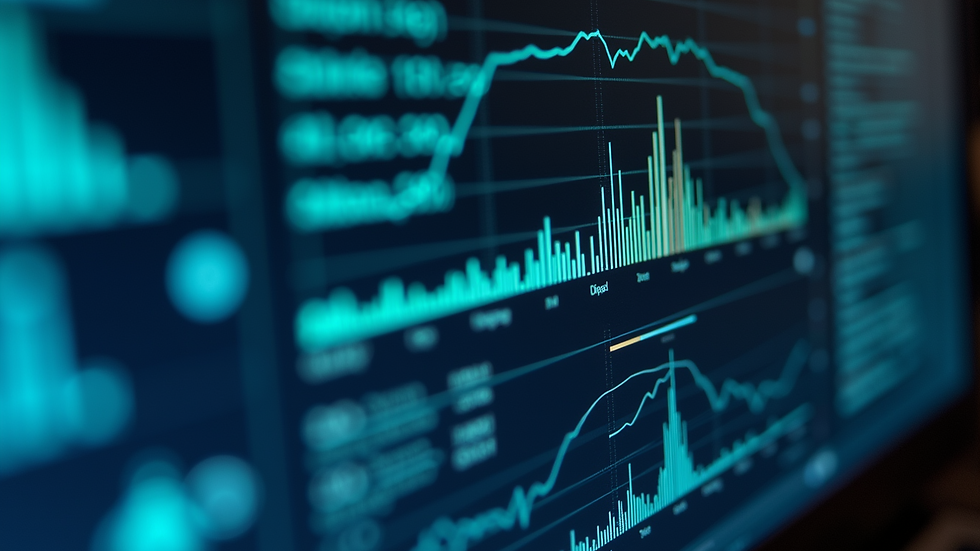
Franco Arteseros...












Comments